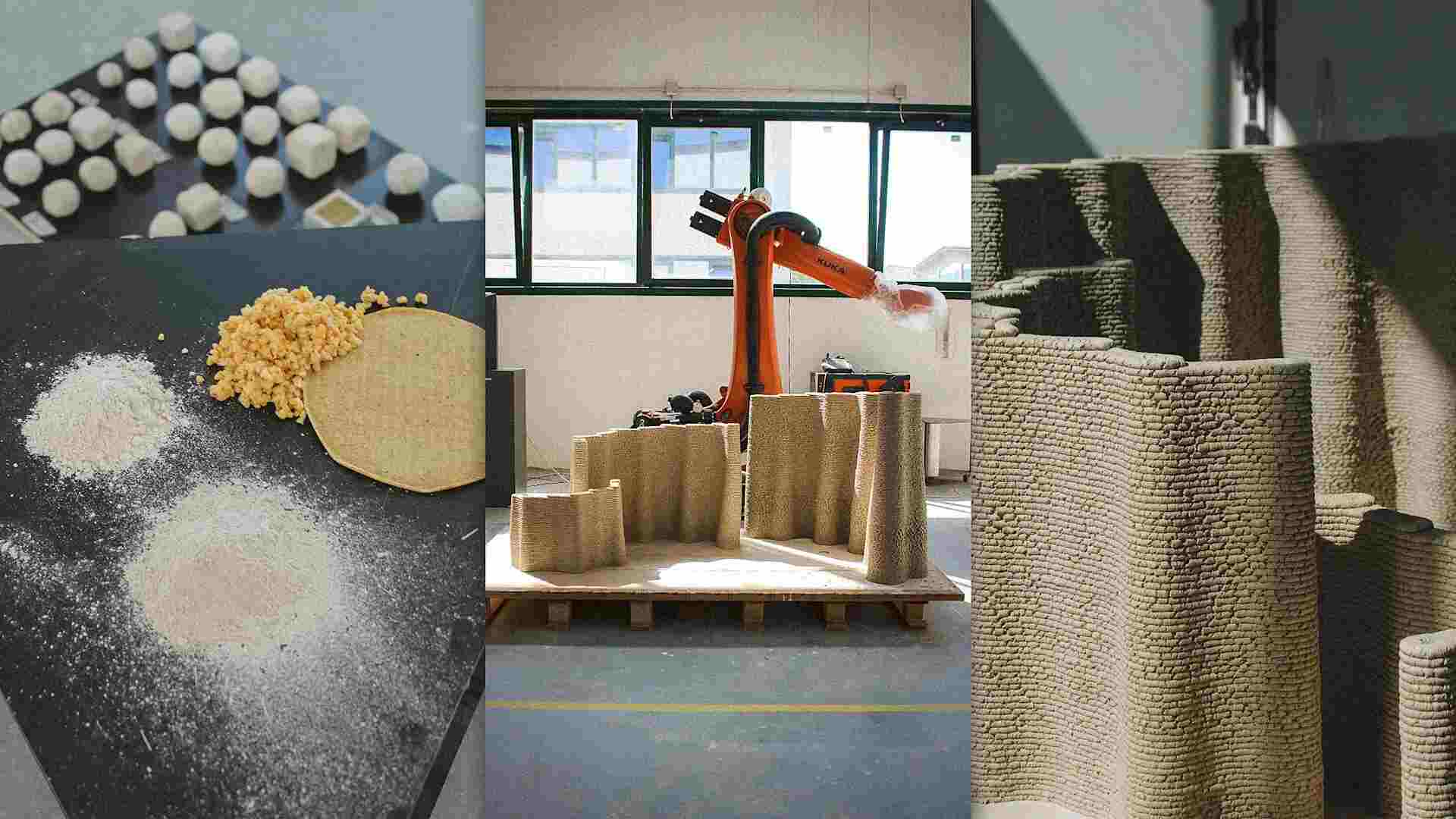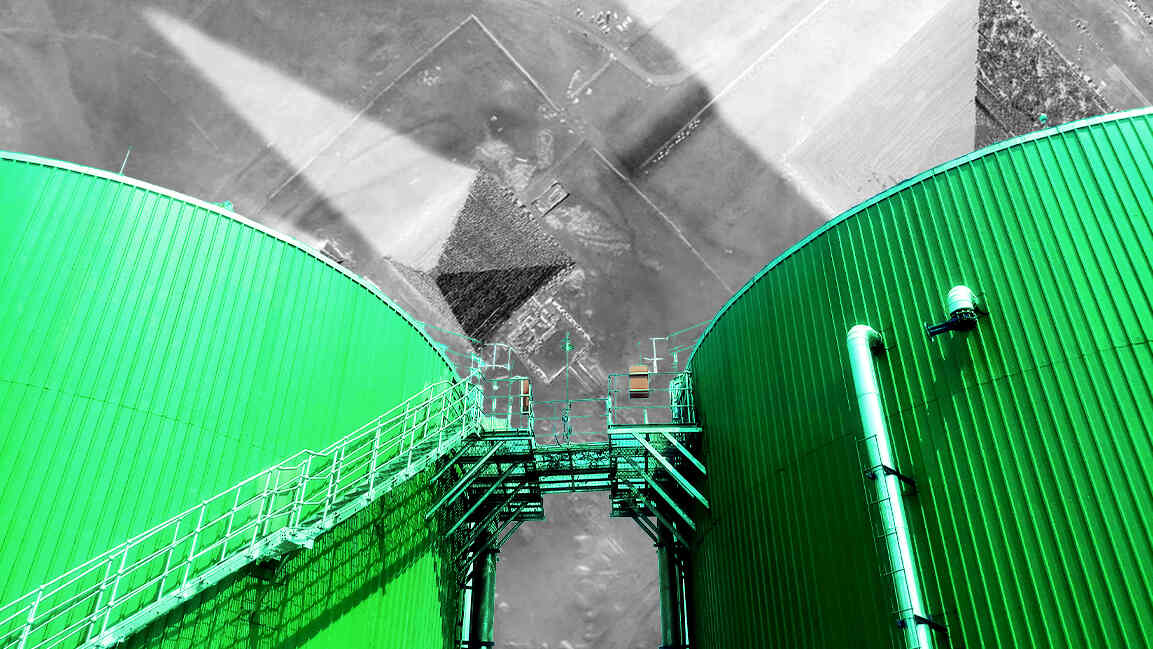- | 3:00 pm
GCC needs $85 billion to achieve sustainable waste management
According to a new report, investment must be made in plastic, concrete and cement, metal, and bio-waste over the next 20 years

As the urban areas in the GCC region continue to flourish, municipalities have been thrust with challenges to manage the ever-rising waste generation using the current landfill systems.
According to a BCG report, to manage this ever-growing waste, it will take roughly $60-$85 billion invested across four key value streams— plastic, concrete and cement, metal, and bio-waste over the next 20 years, which would cover design, collection, sorting, and recycling investments.
According to the report, many GCC countries have already been investing heavily to improve their waste management, with deals soaring in volume and value in 2019, securing finite resources for future generations and simultaneously reducing the environmental impact.
The region generates between 105 and 130 million tons of waste per annum, primarily from Municipal Solid Waste (MSW), Construction and Demolition Waste (CDW), and agricultural waste. The report revealed that the Kingdom of Saudi Arabia (KSA) and the United Arab Emirates (UAE) account for approximately 75%.
“Meeting bold targets and increasing circularity in the GCC region will yield multi-dimensional benefits. Beyond the obvious environmental value, the transition to a circular economy promises economic gains linked to job creation, economic growth, self-sufficiency, and independence from external regulatory pressures,” said Shelly Trench, managing director and partner of BCG.
Additionally, improving circularity can boost GDP in the area by roughly $95-$105 billion from the four main waste streams, accelerating the transition of the economy away from fossil fuels. It will boost independence from environmental regulatory demands on significant regional export items. Further, circularity can be improved by recycling biowaste to promote economic independence from fertilizer.
Since recycling generates over 50 jobs in landfills and incinerators, increasing waste circularity benefits the environment and the economy equally.































